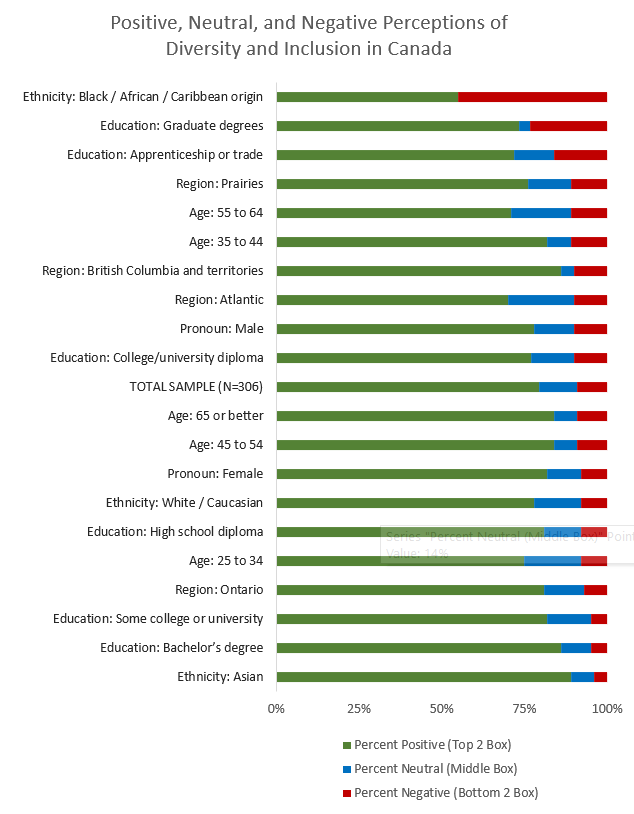As many researchers are doing, we have been paying close attention to the recommendations of Canadian and global epidemiologists, pandemic experts, and government experts. It’s been an intense and necessary education about the interpretation and application of a type of data we don’t normally work with. As we learn more from these experts, we continue to implement procedural changes and upgrades to make sure our employees, our clients, and our community are as safe as possible.
At the same time, we remain committed to helping our clients solve their research problems, some of which are essential for ensuring the health and wellbeing of Canadians, e.g., nutrition, pharmaceuticals, healthcare. In some cases, our clients have been fortunate that their offline research transitioned fairly easily into digital and online in-depth surveys, individual interviews, groups, shelf-tests, eye tracking and facial coding, and more.
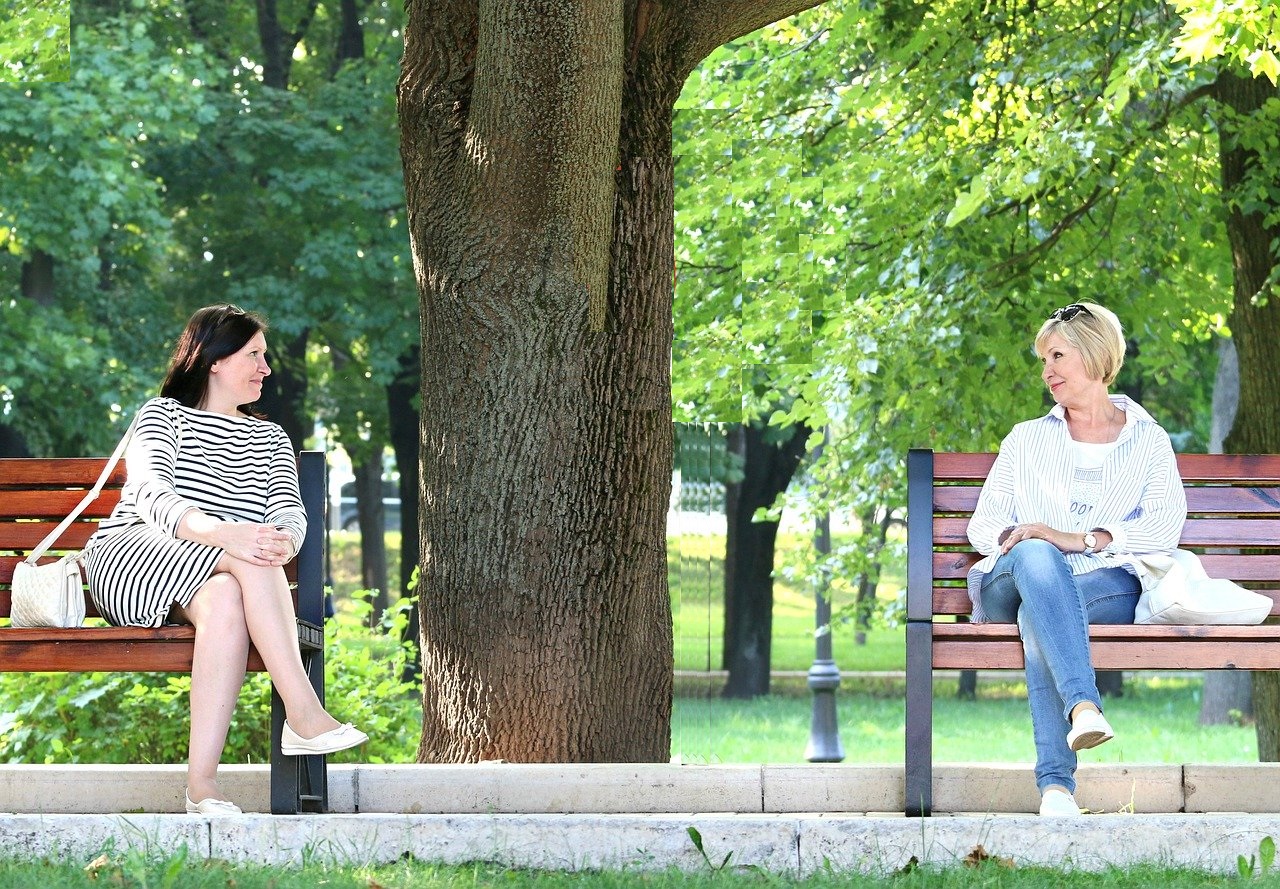
In other cases, however, research requires a more personal touch to be effective. While we do not currently recommend conducting in-person research with groups unless the individuals are isolating together, e.g., families or couples, we do recognize that there may be situations where essential in-person research may be possible.
In order to help you determine whether our new (and still improving) protocols will suit your research needs, we have outlined a number of the new procedures. In fact, a number of these changes will become permanent improvements to our procedures.
IHUTs of in-market products
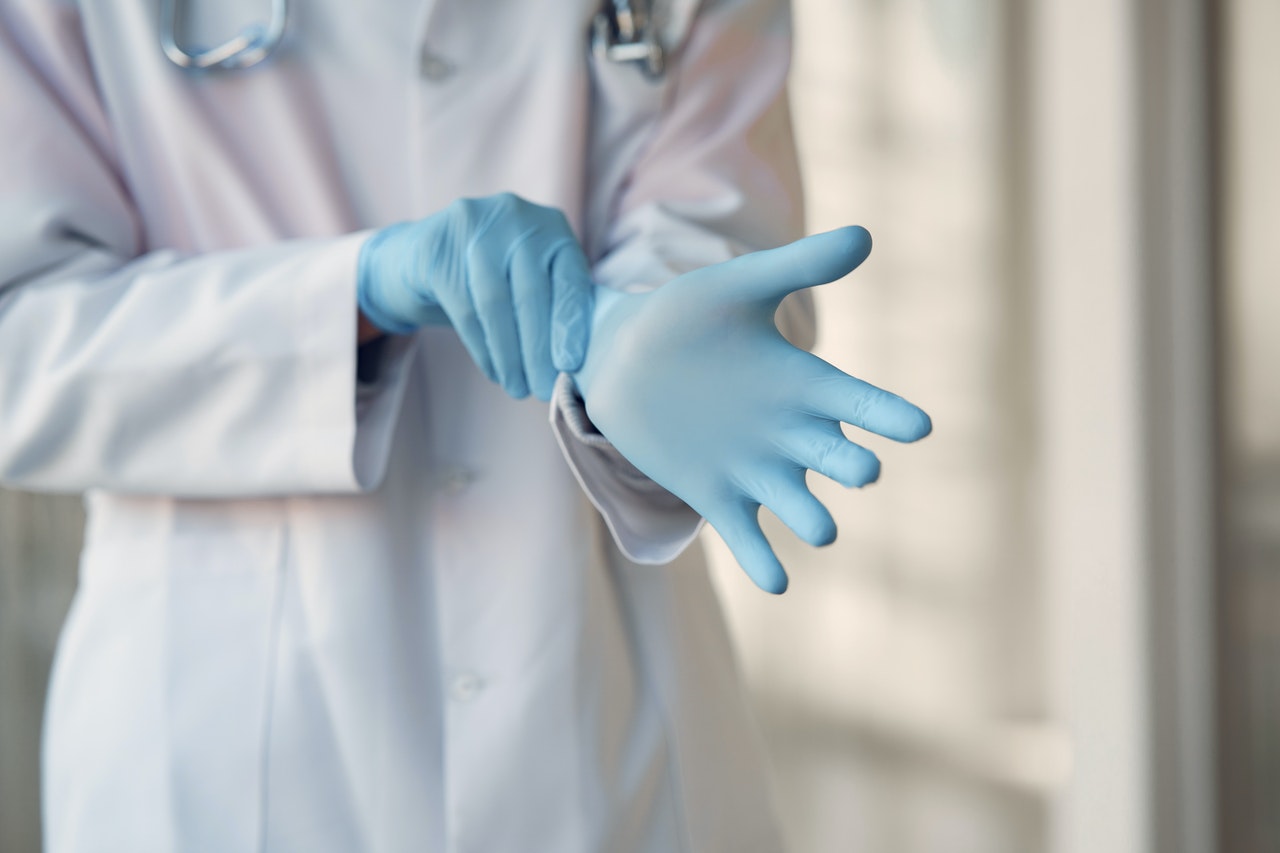
In some cases, clients may be conducting research with products that are readily available in grocery stores. Over decades of experience conducting IHUTs, product, and package tests, we’ve developed efficient procedures to conduct this research which will work well in today’s environment.
- Via telephone interviews and online surveys, we identify consumers who are well, are taking appropriate safety precautions, and have been venturing into stores for their weekly grocery shops.
- Targeted consumers receive product coupons to redeem in-store.
- Follow-up research is conducted via telephone or online surveys, as well as online groups, interviews, eye-tracking, facial coding, and more.
IHUTs of pre-market products
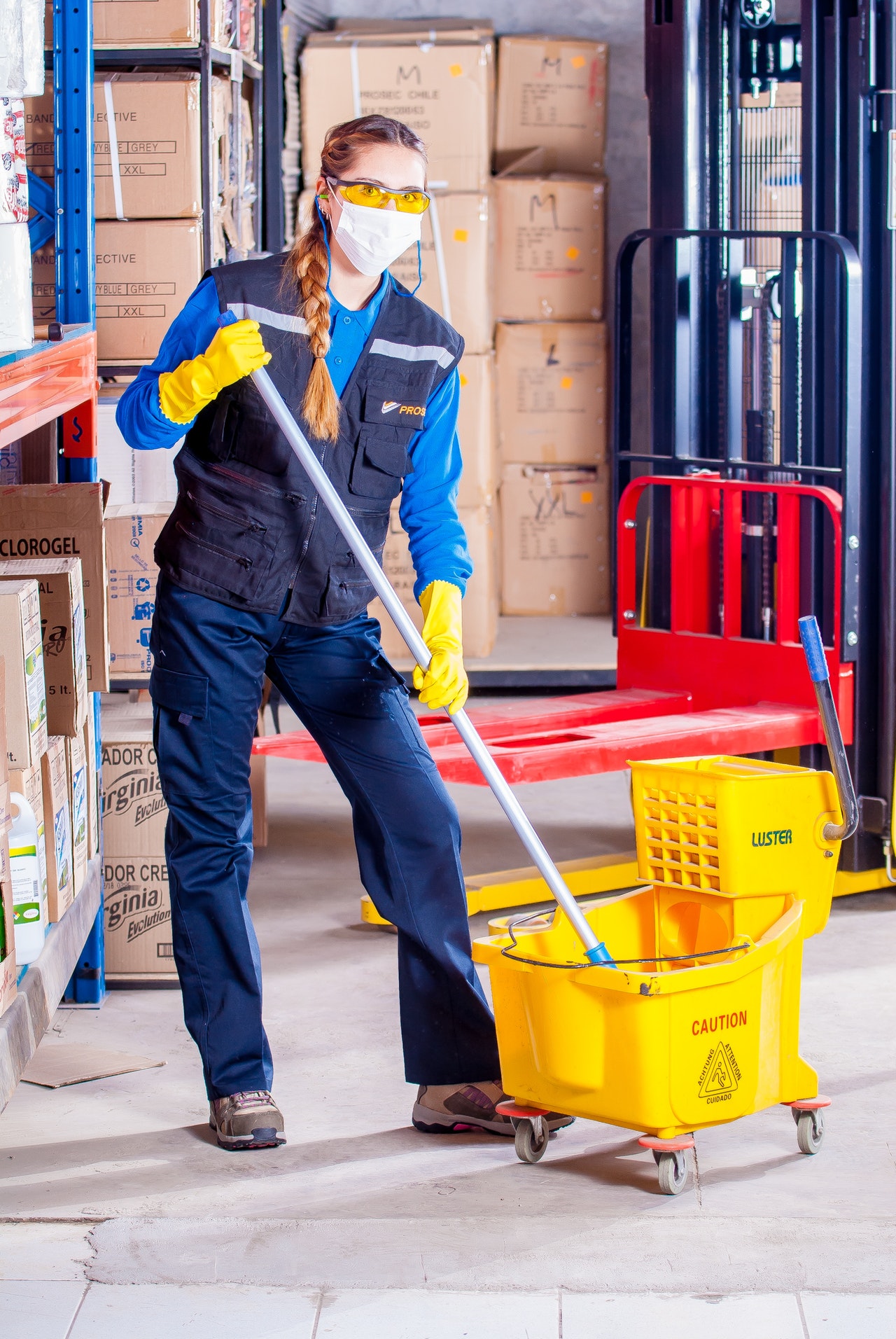
Historically, our IHUT procedures for pre-market products focused heavily on the accuracy of research designs including random sampling, random assignment, and blinding brand names. Now, with the health and wellness of our employees, clients, and community in mind, we’ve made extensive improvements and additions to our safety and sanitation procedures. A number of these changes will become permanent improvements to our procedures for managing and packaging products that will be mailed to consumers.
- Travel and symptom screening: Employees certify to a travel and symptom screener every day.
- Temperature checks: Employees have their temperature checked every day.
- Hand sanitizing: Employees regularly sanitize their hands and always do so upon switching projects.
- Face masks: Employees wear face masks when they are not working alone.
- Gloves: Where the task permits, employees wear gloves.
- Physical distancing: Employees remain at least two meters (one hockey stick) apart where possible.
- Contactless procedures: Tasks have been redesigned to ensure as little contact as possible.
- Materials sanitizing: Surface areas and work space are sanitized daily as well as between each project.
- Open windows: Where available, windows are left open to increase air flow and exchange.
In-person research
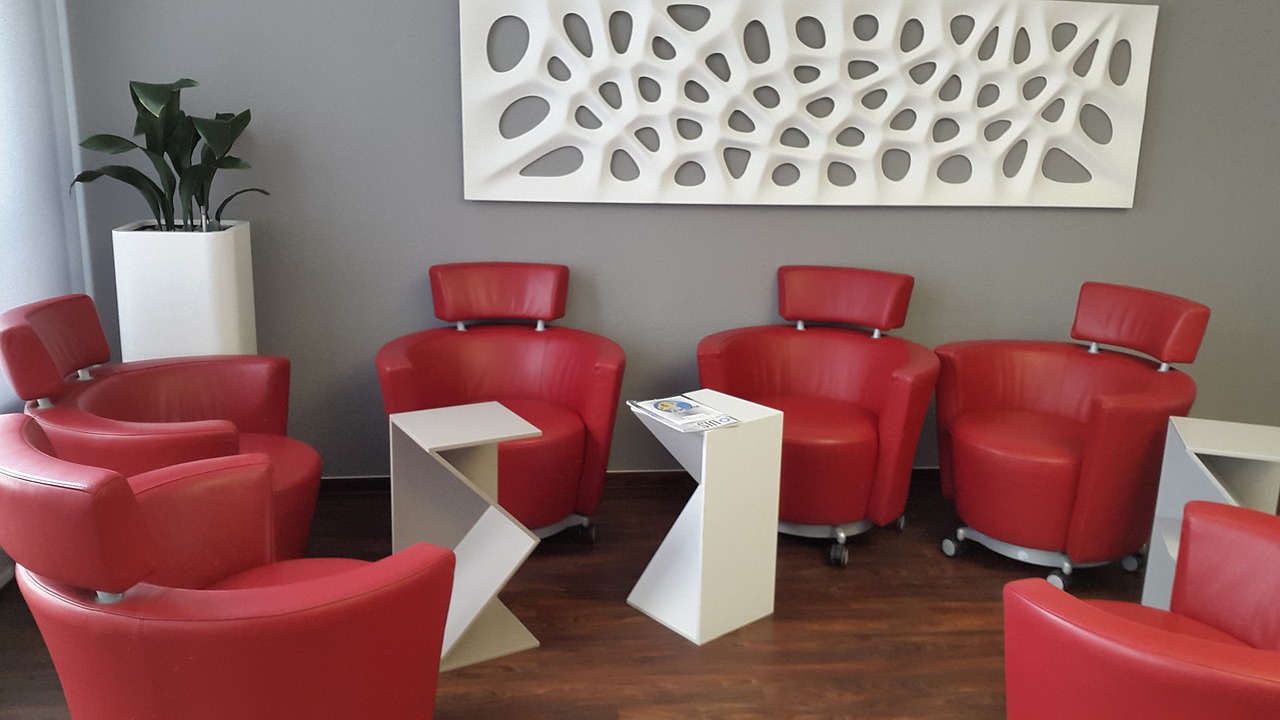
We do not currently recommend conducting in-person research with groups unless the individuals are isolating together, e.g., families, couples. However, essential in-person research may be possible in outdoor spaces (e.g., restaurant patios, backyards) or properly ventilated areas (e.g., negative pressure, many open windows) as long as all of the precautions continue to be taken.
For in-person research that is deemed essential, we’ve instituted a number of new procedures, some of which will become permanent improvements to our procedures.
- Immediately prior to each research session, every employee, participant, observer, and assistant must:
- Hand sanitize,
- Receive a temperature check, and
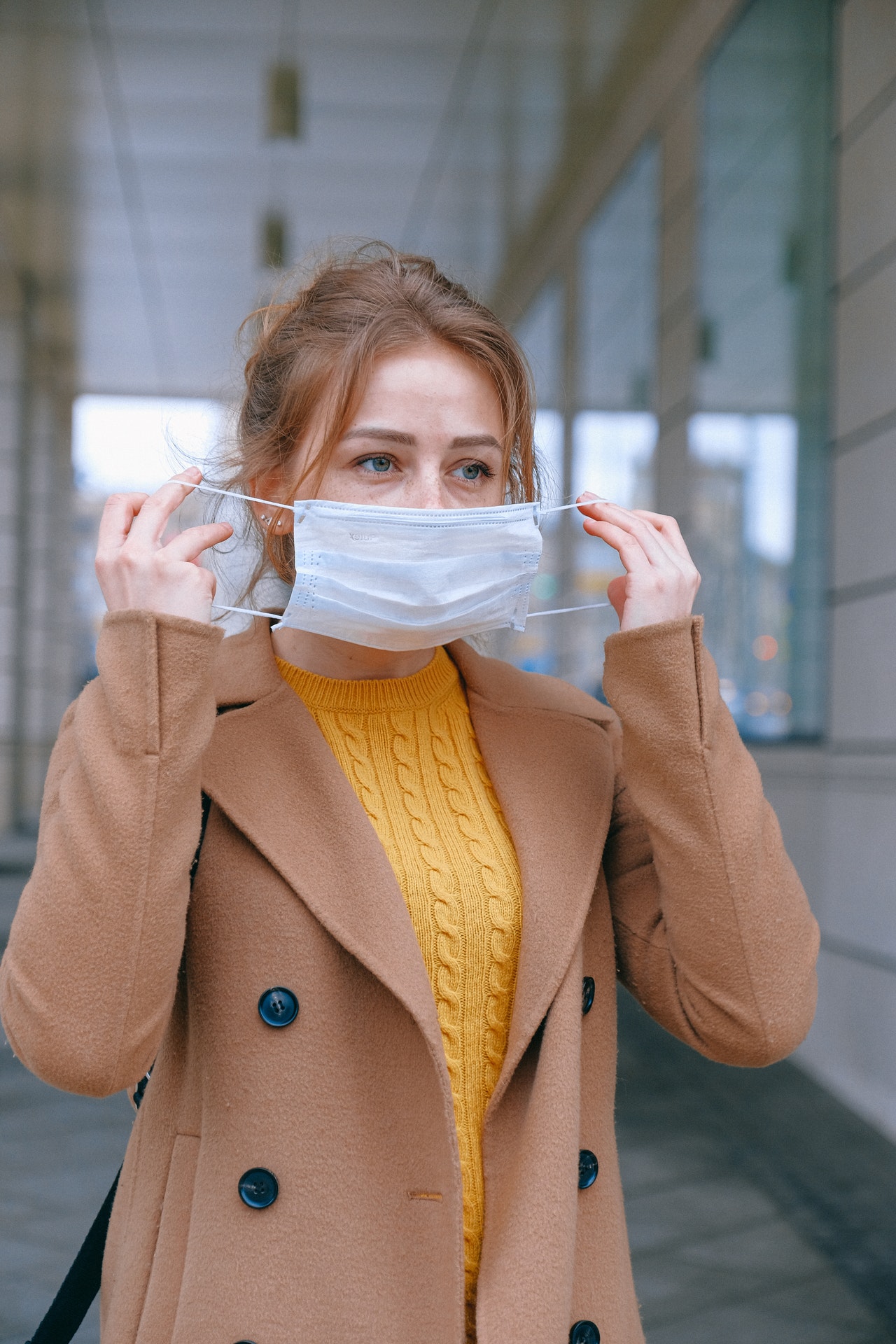
- Certify to travel and symptom screening.
- During each research session, every employee, participant, observer, and assistant must:
- Wear a face mask, and
- Remain at least two meters (one hockey stick) apart at all times.
- Staggered start times: Only one research participant (or isolation group) may be in the waiting/research space at one time.
- Fixtures sanitizing: Surface areas, chairs, tables, and other permanent fixtures are sanitized between each research session. Fixture coverings, e.g., table cloths, will not be used unless necessary and, in such cases, will be discarded after each use.
- Materials sanitizing: Participants will receive only ‘new’ materials. Printed materials will be discarded after each individual use. Pens, pencils, magazines, and other similar items will be not be offered.
- Single-use refreshments: Where necessary for the purposes of the research, individually-packaged food and beverages will be offered by employees. Shared items will not be offered. Unless medically necessary, third party food and beverages will not be permitted nor shared.
- Contactless procedures: Tasks have been redesigned to ensure as little contact as possible.
- Open windows: Where available, windows will be opened to increase air flow and exchange.
Online and digital solutions
As always, we continue to offer remote CATI systems to execute, monitor, record, and manage research. And, we continue to offer our remote, secure, robust, Canadian-hosted, and PIPEDA compliant survey systems for consumer research.
We are doing everything we can to ensure essential research projects can continue in the safest environment possible. If you have any questions or concerns about our procedures, please get in touch with us. We’ll do our absolute best to accommodate your unique requirements.
You might like to read these:


